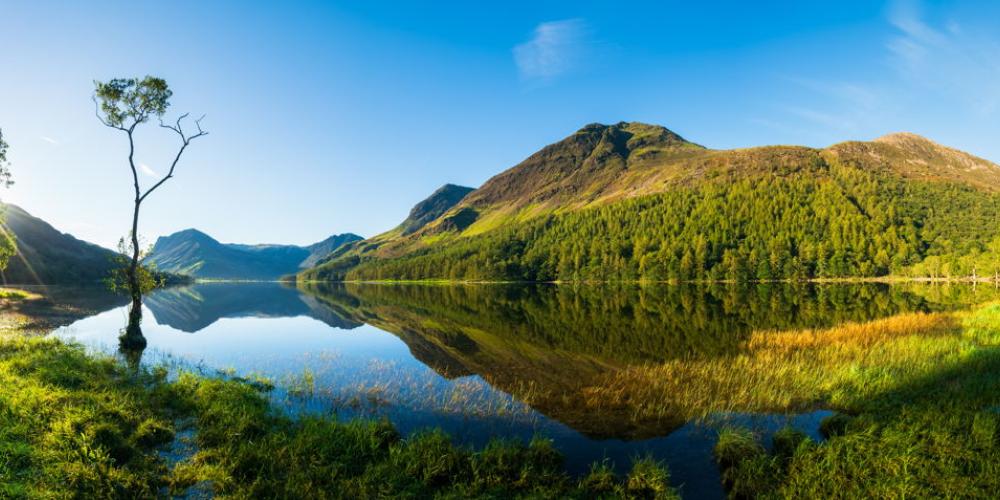
Fish mortality, toxic algae and greenhouse gases result from increased stratification
A research team led by Richard Woolway of the European Space Agency has published a study in the journal Nature Communications showing that climate change is prolonging the annual period of stratification in lakes, with profound and irreversible effects for the ecosystem. Wim Thiery, climate scientist at the Vrije Universiteit Brussel, participated in the study. Thiery: “One of the most important factors in the ecology of lakes is stratification. From spring onwards, the surface of a lake warms up. This warmer water then forms a layer that floats on top of the colder, deeper water. With longer and warmer summers, such stratification persists into autumn, which has profound effects on a lake’s ecosystem, including fish mortality, toxic algae growth and increased greenhouse gas emissions into the atmosphere.”
Irreversible changes
The study was limited to the northern hemisphere, where most lakes are located. Thanks to a unique combination of lake and climate models, the researchers were able to predict the stratification of lakes up to the year 2099 under different emission scenarios. In the worst scenario, in which greenhouse gas emissions continue to increase relentlessly, stratification will start 22 ± 7 days earlier and end 11.3 ± 4.7 days later. This means that the stratification period is extended by 33.3 ± 11.7 days. In many cases, the researchers say, this will lead to irreversible changes in lake ecosystems.
Toxic algae
Because different water layers mix poorly, stratification prevents oxygen from the top layer from penetrating into the layers below. This can lead to an oxygen deficiency that is fatal to many organisms. Fish often migrate to deeper waters in the summer to escape the warm surface water. But if there is too little oxygen there, they find themselves in a trap that can lead to massive fish kills. Meanwhile, the lack of oxygen creates conditions in which toxic algal species flourish. This can have detrimental effects on communities that depend on the lake for their drinking water.
Another consequence is the production of methane by anaerobic micro-organisms. Due to lack of mixing, this gas remains trapped in the lower water layer during summer. But when the stratification dissolves in autumn, the methane rises to the surface and is released into the atmosphere. As methane is a potent greenhouse gas, this constitutes positive feedback: a self-reinforcing effect that further warms the climate. According to the researchers, the scale of this problem is significant.